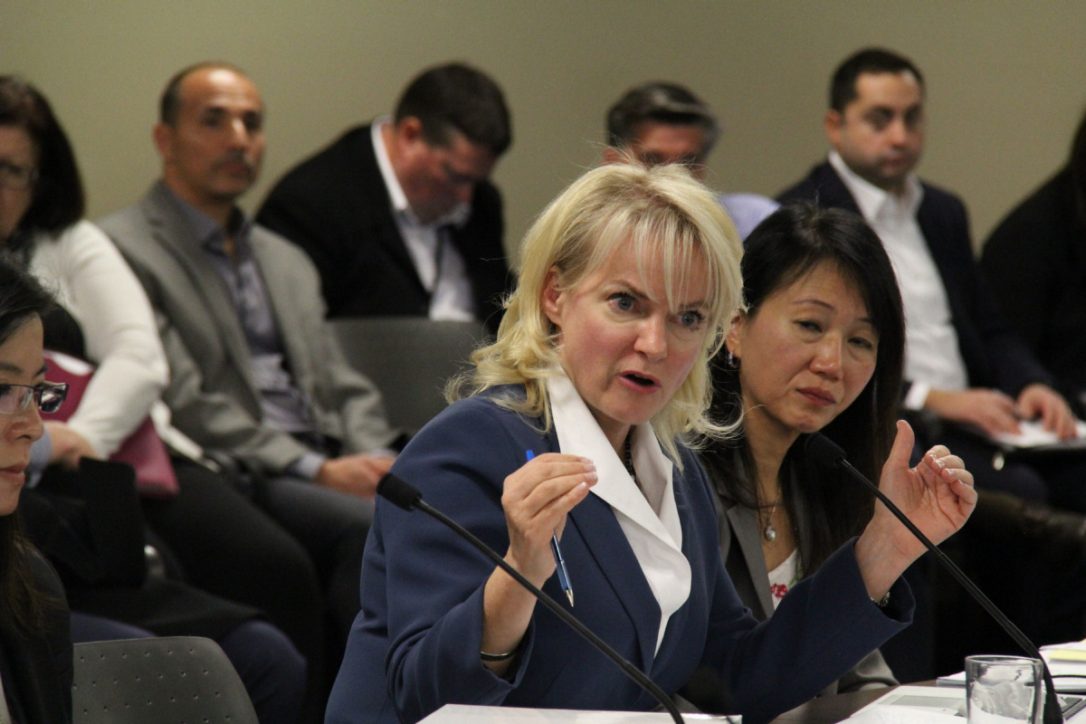Preliminary statistics released by the Arizona Department of Health this week to 12 News show in 2015, heroin-related deaths went up for a fourth straight year. Meanwhile, deaths caused by opioid pain medications decreased.
In 2015, there were 238 deaths involving heroin overdoses reported by Arizona hospitals and medical centers. That number represents a 32 percent jump from the previous year and another high mark since 2012 when 90 heroin-related deaths were reported.
The number of deaths related to opioid prescription pill overdoses in Arizona went down 19 percent. In 2014, 494 people died in opioid drug-related overdoses. In 2015, that number was 401.
Pills and heroin in the suburbs
Opioid prescription drugs and heroin are commonly discussed in tandem by drug abuse experts because they trigger similar physiological effects. Pills are also considered a gateway drug. The Substance Abuse and Mental Health Services Administration reports as many as 80 percent of heroin addicts used prescription opioids first.
“We’re seeing a lot of teenagers and preteens starting with prescription opiate abuse, painkillers, because they’re under the impression that it’s somehow safer than street drugs,” said Shane Watson, a prevention specialist for the local nonprofit Not My Kid, which educates families and organizations about drug abuse.
Watson said the perception of safety can develop when kids see parents and grandparents taking medications, and learn they’re prescribed by doctors. “Nothing could be further from the truth as far as them being safer than street drugs,” he said.
Addiction also does not discriminate. Local emergency-room physicians say they treat a wide range of narcotic- and heroin-overdose victims.
“People of all walks of life end up in our emergency room,” said Dr. Kris Samaddar, an ER doctor at HonorHealth Scottsdale Osborn hospital. “They are people who don’t have homes. People who are CEO’s. Successful business people. They can be moms.”
Samaddar said this year the hospital has seen 12 to 16 emergencies related to heroin and prescription drug overdoses each month.
The death of a 25-year-old woman a couple years ago was especially difficult for Samaddar to experience firsthand.
“By the time she got here, unfortunately she had passed away,” Samaddar said. “I think the hardest thing about that is just understanding the future she could have potentially had is now gone.”
Local experts say, when it comes to prevention, many parents remain under the false impression that heroin is found in places where their children do not go. They never actually talk to their children about drug dangers until it is too late.
“It is in the suburbs,” said Watson. “It is in high schools. It is in some middle schools, even. Many parents are naïve to this fact.”
Fighting “the scourge”
Last year, Gov. Doug Ducey created the Arizona Substance Abuse Task Force to address issues related to drug abuse. It includes community-level experts, physicians, and prevention specialists.
Two weeks ago, the task force submitted recommendations to Ducey, the first of which addresses prescription drug and heroin deaths. The task force recommended making the medication naloxone more available to first responders, law enforcement and family members.
Naloxone reverses the effects of opioid-induced emergencies.
The second set of recommendations to Ducey involves access to care. The third involves making prevention programs more accessible throughout the state.
On Monday, Ducey also announced an executive order: The state’s employee insurance plan and its Medicaid plan will limit narcotic painkiller prescriptions to an initial seven-day supply.
“This action is essential to help prevent future drug addictions,” Ducey said in a prepared statement.
As a recovering addict – sober for nearly five years now – Shane Watson delivers a very personal and realistic message to community organizations and families he speaks to. He has made hundreds of presentations over the years.
Watson says many parents remain under the false impression that their family is immune to addiction.
“Rather than getting caught up in the mentality of, ‘Oh, not my kid, that couldn’t happen to us,’ we encourage them to educate themselves and be aware so that they can say, ‘No, we are going to make sure this doesn’t happen to our family,’” Watson said.
[“source-ndtv”]

